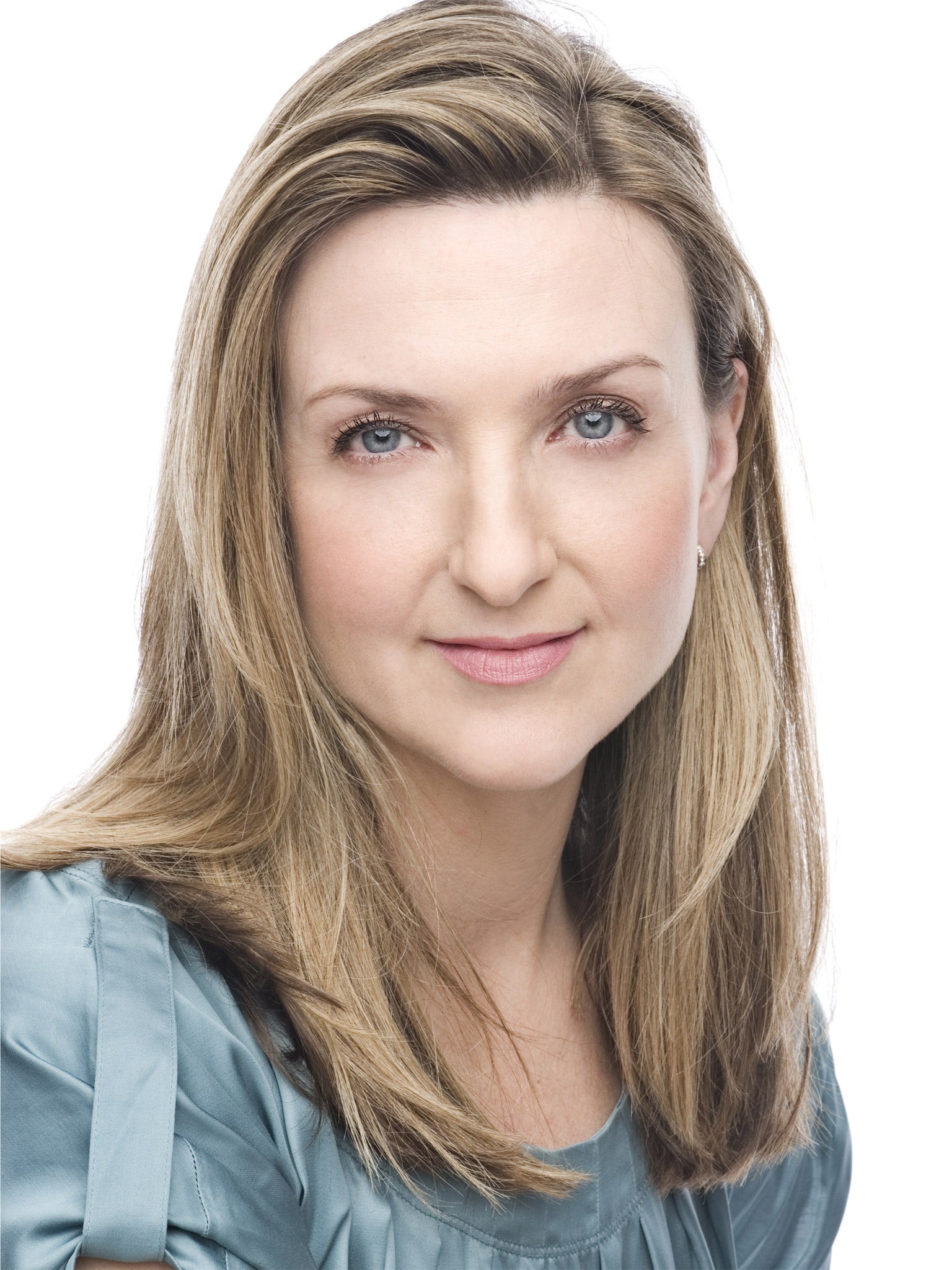The Week in Radio: When it's best not to bottle up your feelings

"What did you buy?" asked Victoria Derbyshire.
"A bottle of gin," replied Rachel.
"And where did you drink it?"
"The first mouthful would have been in the toilet at Tesco... Then I went to a hotel."
"And drank the rest of the bottle?"
"I presume so, yes. I blacked out."
And so the cycle began again.
The story of "Rachel", as she has consented to be called on air, has been one of the most remarkable and affecting listening experiences of recent times. Her interviews with Derbyshire on BBC Radio 5 Live have done what most phone-in programmes have the capacity to achieve but rarely do: they have shone a light on a common but crippling area of human experience – alcoholism – and given us the whole, horrifying picture. They have shown alcoholics as pathologically stubborn, destructive, self-loathing people who rain hurt and chaos down on all those around them. They have equally demonstrated how they are damaged and deeply ill and worthy of compassion and care.
It doesn't always work out this way. Compassion can be scarce on these shows. These are the moments where members of the public are encouraged to spout moral outrage down the blower and where the "hanging's-too-good-for-'em" brigade are given full vent. For much of the time, they are for people whose lives are so very comfortable that all that's left to do is get on their high horse about other people's.
Derbyshire's programme is a cut above the rest, though, not least because of its clear vetting of callers and obvious raison d'être: to investigate complex issues as respectfully and intelligently as possible. It has, in the past, broadcast from an abortion clinic and an animal research laboratory. Derbyshire's excellence as a presenter lies in her ability to remain cool in the face of chaos and insanity.
Rachel first rang the programme two years ago. She said she was a consultant anaesthetist and talked, haltingly and slurrily, about how, after 10 years of heavy drinking, she was about to enter rehab. She described how alcohol had superseded everything else in her life, including her job, partner and child. Then, live on air, she cracked open a fresh tin of Guinness.
This time around, Derbyshire went to Halifax to see Rachel. Currently, she's not drinking. In fact, she's doing rather well. She visited her house, went with her to drop her daughter at school and accompanied her to a support group meeting where a fellow alcoholic stated: "This is an illness that will take you over. It will drive you to the edge of madness. It is evil and it is cunning."
They talked about Rachel's last relapse – brought on by stress and a lack of self-belief – that started with the trip to Tesco and finished in a blur of gin two weeks later. "It was very much like being an automaton," observed Rachel. "There wasn't an awful lot of conscious thought."
They talked about her recent driving ban and subsequent community service, prompted by an early-morning trip to the supermarket where she had necked the vodka in the car park and then tried to drive home. It was Rachel's partner, John, who called the police.
Rachel is in a good place for now. Her voice was clear, her manner determined though the shame at what she had done, and how she had behaved, was never far away. Since she was last on the programme, she said, three friends had died. One had been on the way to residential detox and had fallen down the stairs and broken her neck. "There but for the grace of God," Rachel said, articulating what the rest of us were thinking. "It could easily have been me."
Join our commenting forum
Join thought-provoking conversations, follow other Independent readers and see their replies
Comments